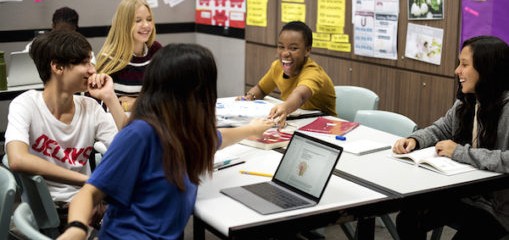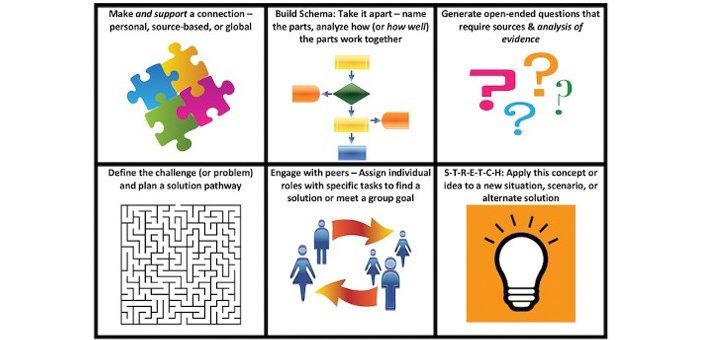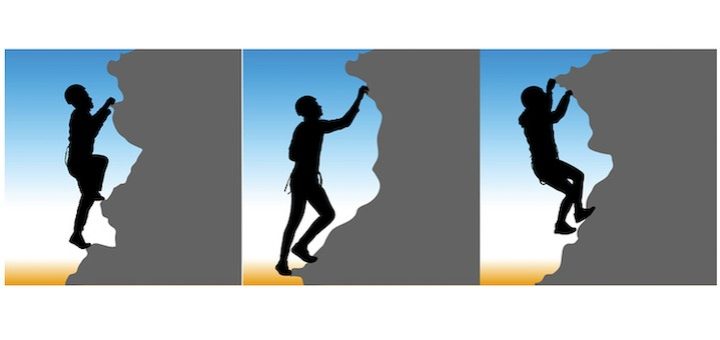How to Boost Learning in the Non-Core Subjects
Every student deserves to be challenged in all areas of learning. Teaching coach Barbara Blackburn shows how rigor can enhance learning beyond the core content areas with examples from health, physical education, computer science, the performance arts and career technology.




















